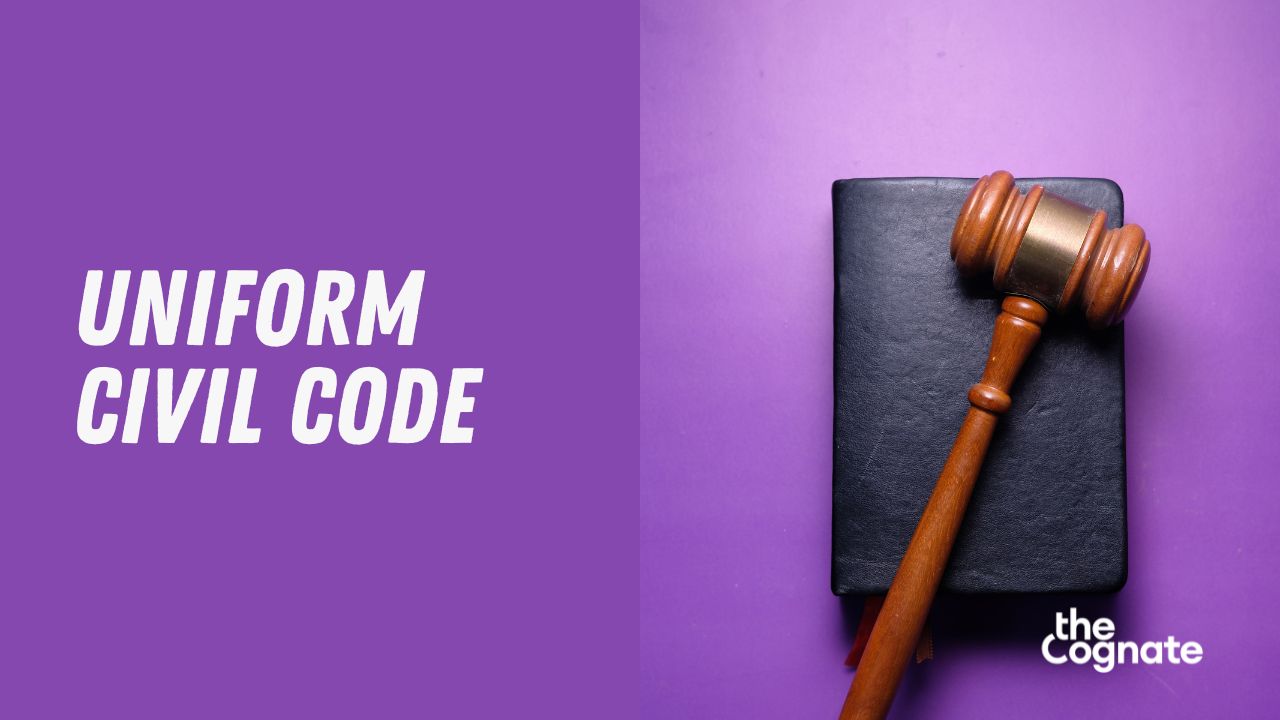The All India Muslim Personal Law Board has strongly voiced its opposition to the implementation of a Uniform Civil Code, dismissing it as unnecessary, impractical, and potentially harmful to the diverse fabric of the country. Dr. S. Q. R. Ilyas, spokesperson for the Board, expressed concerns about the government’s allocation of resources towards this endeavor and warned against potential social chaos that could ensue.
Dr. Ilyas emphasized that India is a nation characterized by its multi-religious, multi-cultural, and multi-linguistic society, and this diversity serves as its distinctive identity. He highlighted that the framers of the Constitution intended to safeguard religious and cultural freedoms as fundamental rights, considering the unique and delicate nature of the country. Furthermore, he cited Articles 371(A) and 371(G) of the Constitution, which provide special provisions to the tribal communities in the North-Eastern States, limiting the Parliament from enacting laws that supersede their family laws.
Reiterating the Board’s stance, Dr. Ilyas emphasized that Muslim Personal Law is derived from the Qur’an and Sunnah, making it sacred and unalterable for Muslims. Similarly, other religious and cultural groups also hold their traditional values dear. Dr. Ilyas argued that any attempt by the government or any external entity to modify these laws would only lead to societal disorder and chaos, which no sensible government should allow.
Addressing those who argue that implementing a Uniform Civil Code is a constitutional requirement, the Board emphasized that Article 44 is located within Chapter IV of the Constitution, which encompasses Directive Principles and is not mandatory. While acknowledging the presence of various guidelines listed under this chapter that serve the people’s interests, the Board pointed out that the government has not been inclined to enforce them. On the other hand, religious and cultural freedom is a fundamental and mandatory right protected under Articles 25 and 26. The Board further highlighted the availability of the Special Marriage Act and the Inheritance Act, providing an optional civil code for those who choose not to adhere to religious personal laws. Consequently, the Board dismissed the entire discussion surrounding the Uniform Civil Code as unnecessary and futile.
The Board called upon the government to uphold religious freedom and refrain from encroaching upon it through legislation or judicial interpretation. It urged all Muslim religious and social organizations to effectively respond to the Law Commission’s questionnaire, making it unequivocally clear that the Uniform Civil Code is not only impractical but also unnecessary and harmful, emphasizing that Muslims will not compromise with their Sharia. Furthermore, the Board appealed to all religious and cultural groups, intellectuals, civil society movements, and religious leaders across the country to join in responding to the Law Commission and advise against pursuing this futile and impractical work.












